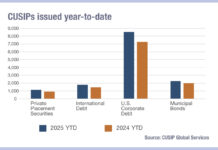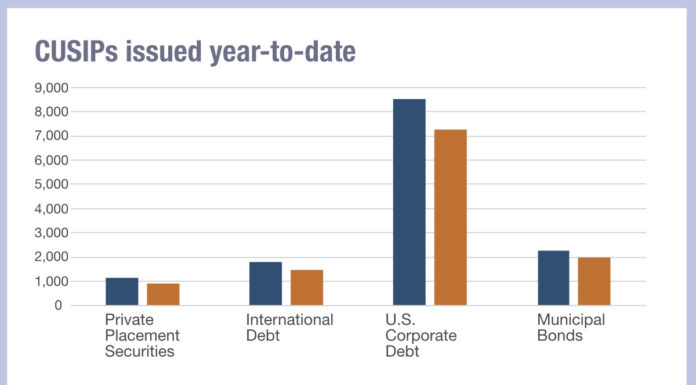The Global Investor Confidence Index (ICI) decreased to 91.9, down 8.9 points from January’s revised reading of 100.8. The decline in investor confidence was driven by large drops in European and Asian ICI, which fell by 16.6 points to 78.1 and 17.5 points to 98.2, respectively. The North American ICI also declined, but by a smaller magnitude, falling 2.8 points to 93.3.
The Investor Confidence Index was developed at State Street Associates, State Street Global Markets’s research and advisory services business, in partnership with FDO Partners. It measures investor confidence or risk appetite quantitatively by analysing the actual buying and selling patterns of institutional investors.
The Investor Confidence Index assigns a precise meaning to changes in investor risk appetite: the greater the percentage allocation to equities, the higher risk appetite or confidence. A reading of 100 is neutral; it is the level at which investors are neither increasing nor decreasing their long-term allocations to risky assets. The index differs from survey-based measures in that it is based on the actual trades, as opposed to opinions, of institutional investors.
“The Global Investor Confidence Index contracted 8.9 points in February, driven primarily by sharp declines in risk appetite from Europe’s and Asia’s intuitional investors,” commented Rajeev Bhargava, head of Investor Behaviour Research, at State Street Associates. “The slower than expected vaccine rollout combined with the added complexity of new, potentially more infectious variants are elevating growth fears, particularly in Europe where official growth forecasts have recently been lowered. And while Asia continues to experience a rebound in activity on the back of strong exports, concerns over tightening credit conditions out of China may have dampened enthusiasm for the region, evident by the much weaker sentiment expressed by institutions this month.”
©Markets Media Europe 2025


























